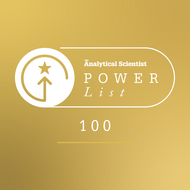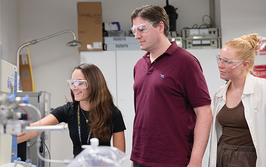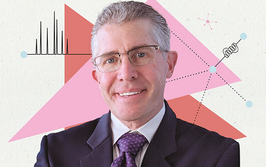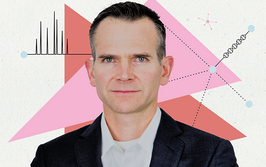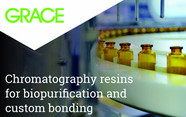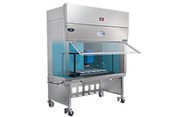Joseph Kirkland
The Power List 2015
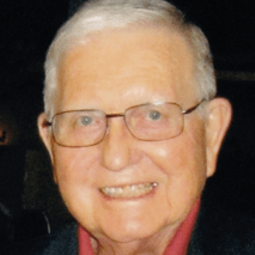
Joseph (Jack) Kirkland
Vice-President, Research and Development, Advanced Materials Technology (AMT), Delaware, USA.
Most important lesson During my R&D career, the most important lesson learned is perseverance. This is a needed quality if difficult problems are to be solved. Along with perseverance, patience is required, and that was difficult for me to accept and develop.
Encounters with serendipity Serendipidy is always an important feature in R&D studies. My early HPLC work was performed in glass columns (glass pipe) at pressure of less than 1000 psi. With the availability of a higher pressure pump, I realized that I would have to now use columns of stainless steel to allow a higher pressure. However, the packing of conventional stainless steel tubes (0.5 meter, 4.6 mm i.d.) with the 35 um particles of that time resulted in column efficiencies that were about one-half of that previously found for glass columns of the same dimensions. Re-packing of stainless steel tubes with the particles invariably created inferior results, so I realized that something basic must be taking place. Could there be something about the stainless steel tubes that was different? I asked our shop to prepare a crosscut of a column and subjected this to electron microscopy examination. There I saw that the interior walls of the stainless steel tubing was very uneven and variable. Knowing that the wall of glass tubes is very smooth and regular, I reasoned that the difference in the wall structure for the two materials might lead to a difference in particle packing structure. I was then able to acquire some stainless steel tubing with highly polished interior walls for tests (tubing used to transport milk), and quickly found that column performance now equaled that found for glass columns. The need for smooth regular interior column walls now was established in my mind, and I so reported that conclusion in a paper written at that time. Apparently, this serendipity lead to the widely adapted use of this technology.
Most unexpected moment An unexpected occurrence early in my history of HPLC was an important event. At that time, I had a pump (Milton Roy) that developed only 1000 psi, so separations with 1 meter-long columns of 35 um particles was slow at that time. Columns did not have thermostats and were open to air. With the acquisition of a Haskell pneumatic pump that would develop 5000 psi, I began to see how fast separations could be made. Operating close to 5000 psi, the back of my hand happened to touch the open metal column. I jerked back suddenly, as the column was very hot and almost burned me. I suddenly realized that at 5000 psi much work was being put into the column and all of that energy would have to be expended as heat. It made me realize that columns had to be thermostatted carefully for reproducible separations.
Eye on the horizon While the current trend in HPLC is to use smaller and smaller particles in columns for higher column efficiency, I am not sure that this approach will stand future tests. The reason is that pressures needed to use such materials causes practical problems that pose several difficulties, especially for routine use. Perhaps a more practical and useful approach to better separations is to advance knowledge on obtaining improved selectivity for increased resolution with better mobile and stationary phases. This is especially the case in separating large molecules such as proteins.
